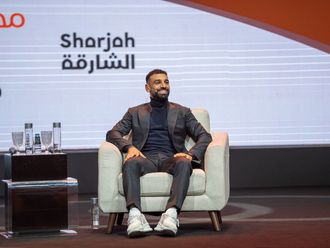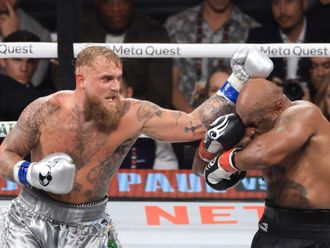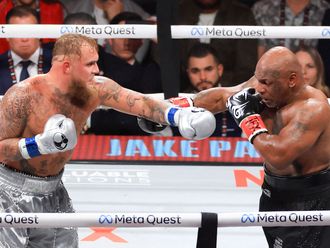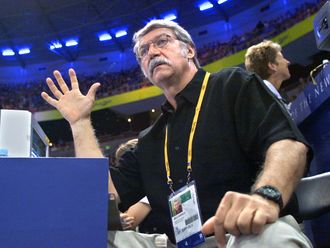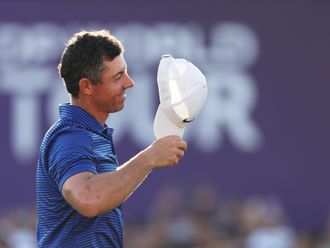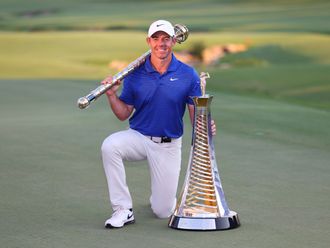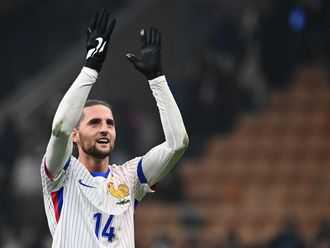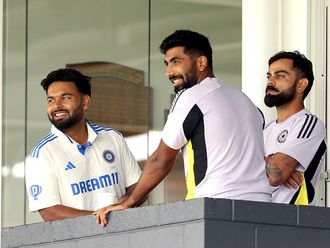Dubai: She is considered the face of athletics for women, and this is a tag that she proudly wears with grace and humility further enhancing her standing in the world of sports.
In her own words, Nawal El Moutawakel's story is that of "rising to a challenge to meet the aspirations of an entire Muslim world", first on and then off the field.
"I was a woman, a Muslim and speaking the language [English] were among some of the challenges before me. But I was strong and I decided to go forth in the world dominated by men," El Moutawakel told the Dubai 2nd International Symposium for Sports Creativity held yesterday along the lines of the Shaikh Mohammad Bin Rashid Al Maktoum Sports Creativity Awards.
Born on April 15, 1962 in Casablanca, Morocco, El Moutawakel won the inaugural women's 400m hurdles at the 1984 Los Angeles Olympic Games, thereby becoming the first female Muslim born in Africa to become an Olympic champion.
She is also the first Moroccan and the first woman from a Muslim majority country to win an Olympic gold medal. In 2007, she was named the Minister of Sports in the Moroccan cabinet. After her Olympic gold, the King of Morocco telephoned El Moutawakel to pass on his congratulations, and he declared that all girls born the day of her victory were to be named in her honour.
Unfortunately, her father passed away a few months before the 1984 LA Games, denying her of much greater joy while on the victory podium. "When I received the gold medal I had mixed feelings as he [father] was not around to see his dream come true," she related.
However, injuries forced her to cut short her international career at a young age of 24, thereby making her look towards a new challenge in sport off the field. In 1995, El Moutawakel became a council member of the International Amateur Athletic Federation (IAAF) and three years later, she became a member of the International Olympic Committee (IOC).
El Moutawakel was also the president of evaluation commissions for the selection of the host city for the 2012 and 2016 Summer Olympic Games in London and Rio de Janeiro respectively. "It is ironical that after more than 100 years of world track and field, we did not have a single woman representative on the International Olympic Committee (IOC). But I started a trend and after the most recent elections we have six elected women in the IAAF alone," she noted.
"My biggest challenge was to ensure that we overcome the isolation of women, and given my experience as an athlete, I wanted to ensure my experience benefited sports and women, in particular," she added.


